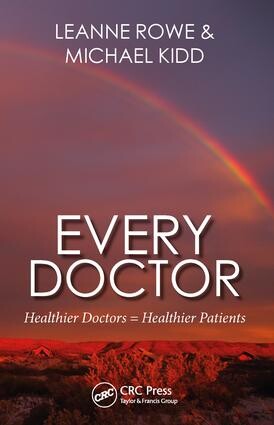Mobile Menu
- Education
- Residency
-
Grad Studies
- About Academic Fellowship and Graduate Studies
- Graduate Studies
-
Fellowships, Certificates and Courses
- Academic Fellowship Program
- Medical Education Fellowship
- Clinical Research Certificate
- Clinical Teacher Certificate
- Interprofessional Applied Practical Teaching and Learning in the Health Professions (INTAPT)
- How to Apply
- Getting Started
- Program Fees
- Student Awards
- Forms for Current Students
- Continuing Education Courses
- Instructor Awards
- Research
- Community & Partnerships
- Quality & Professional Development
- Divisions
- Faculty
- About


 In recent years there have been more discussions about how to protect the mental, physical and emotional well-being of physicians and trainees and create more supportive work and educational environments for medical professionals and students.
In recent years there have been more discussions about how to protect the mental, physical and emotional well-being of physicians and trainees and create more supportive work and educational environments for medical professionals and students.